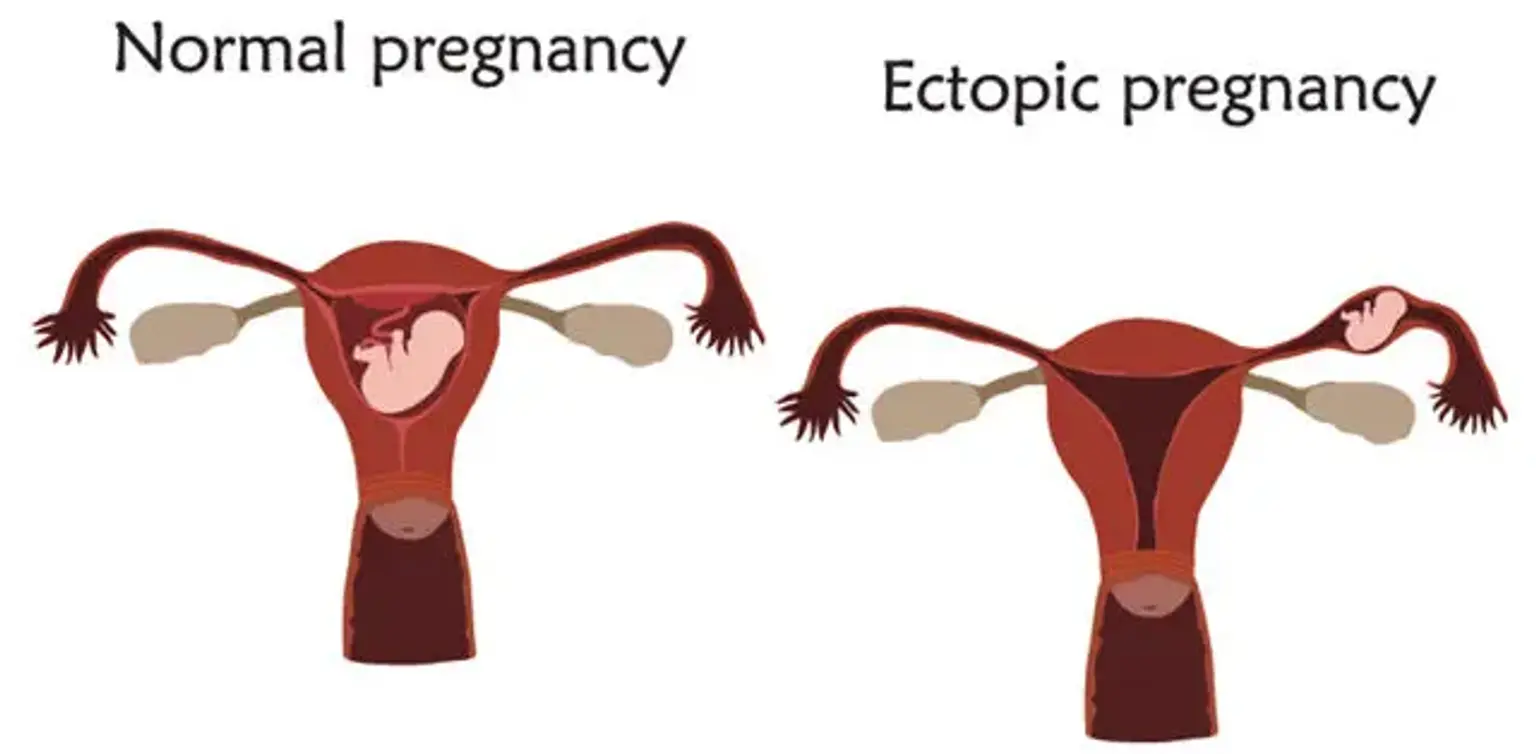Ectopic Pregnancy
Pregnancy normally involves several stages in a woman's body, right from fertilization to childbirth. The movement of the fertilized egg to the uterus, where it attaches itself, is one of these stages. However, the fertilized egg may sometimes fail to implant in the uterus, resulting in an ectopic pregnancy. Instead, it could attach itself to the fallopian tube, cervix, or abdominal cavity.
Generally, ectopic pregnancy can be fatal and requires immediate medical attention. It is not a normal pregnancy that a woman can carry to term. Besides, it could cause severe complications to the mother if the problem is not addressed promptly.
